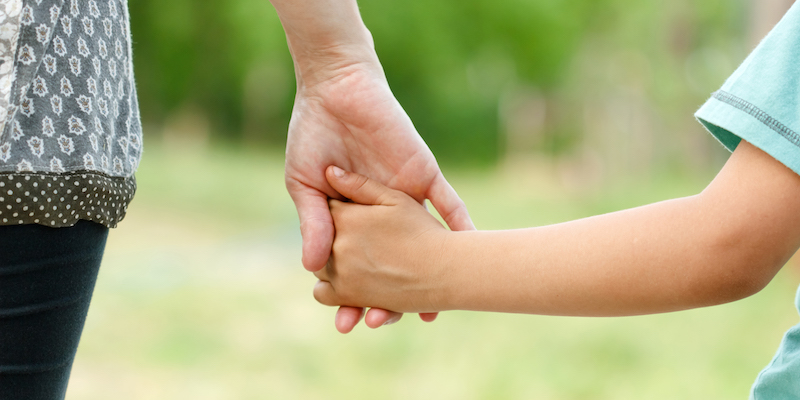Part of the opposition to divorce in general has stemmed from the belief that destroying the nuclear family will impair generations of children who require a two-parent household to grow up and thrive. But the authors who created the “best interest of the child” standard in custody cases long ago argued that two healthy houses better serves children than one unhealthy house.
In a very personal essay, Stephanie Young describes how painful it was for her to sit down with her children and tell them that she and their father would be getting a divorce. She had all the fears most parents do – that the children will break down, that they will resent both parents, that they will begin to experience a variety of psychological issues. But she details that three years later they all have been better for the split.
First, the children no longer have front seats to an unhealthy marriage. Instead of seeing resentment and lost love, the children now see two separate houses where each parent is happy.
Second, the children actually spend more time with each parent. During the marriage, Stephanie handled most of the child rearing, and her husband traveled for work. Now, her ex-husband takes full advantage of his custody time and, consequently, the children benefit from more quality time with their father.
Third, the children see their parents cooperate and celebrate the children’s lives. Stephanie and her ex-husband have found they can co-parent successfully, and that not having the weight of a difficult marriage enables the two of them to make decisions for the children without rancor and to attend events, from games to graduations, without conflict.
Will this happen for every couple that divorces? No. But what we see as the real moral of the story is a shift away from divorce always leading to dysfunctional children. Many intact households raise dysfunctional children, but we do not call for an end to marriage. Parenting, good or bad, depends less on the number of households and more on the quality of the individual parents. While tension between parents can impair parenting, that tension can come from an intact household just as much as two separate households.
Children respond when their parents love them and guide them in good ways, and they have enough friends whose parents are divorced to know that if that happens to them, they can be okay too, just as they know they have friends whose parents are married but do less than a good job of parenting.
Ultimately, we want to do what is in the best interest of our children. Sometimes that may mean staying together, sometimes divorcing. But continuing to do what is best for our children is the definition of parenting, and that remains true whether married, divorced, widowed or never married.
If you have questions about child custody and divorce, contact us – we can help.
